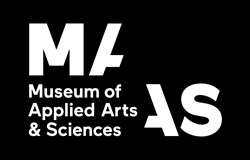When: Tuesday 13th November, 4:00pm – 5:30pm
Where: Theatre, Level 2 down the stairs to the right of the registration/foyer area
Hashtag: #T12
Twitter is widely considered a useful and effective communication tool among scientists. I explored the perceptions of 472 research-active science students regarding the potential role that social media in general, and specifically Twitter, could play in scientists’ professional lives.
I initially asked students (pre-survey) whether they currently used Twitter and asked for their responses to statements including: ‘Social media plays an important role in the professional life of a scientist’, ‘Social media is a valid way to communicate about science with other scientists’ and ‘Having a professional presence on social media can help my science career’. A month after a class focused on the value of Twitter and other social media to scientists, I asked students to respond to the same statements (post-survey) and also established how many of them had begun using Twitter.
All results were similar across all years (2014 – 2018). Initially, most students used social media personally, but not professionally, and less than a third were Twitter users. Most students perceived social media to be a valid way of communicating about science with lay audiences; few believed this to be true for communicating among scientists.
At the time of the post-survey, half the class used social media both professionally and personally and roughly 80% answered that they were Twitter users. The proportion of students who believed that social media was a valid way to communicate about science with scientific audiences had also increased. Students were also more inclined to agree with the statement that social media plays an important role in the professional life of a scientist.
A one-hour session outlining the value of Twitter to scientists was sufficient to encourage many students to start using Twitter and appeared to contribute to more students seeing a role for social media in the professional life of a scientist.
Session
Evidence-based scicom: Research exploring new and social media
Presenter
Jen Martin, Educator and radio personality, The University of Melbourne
